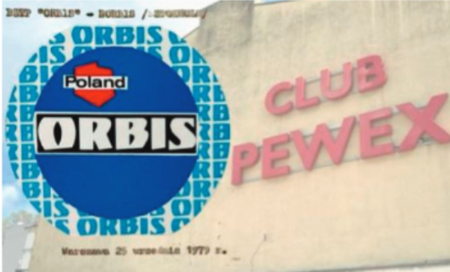We are happy to announce the next presentations of the Visegrad Scholarship at OSA. Join the event in the Archivum, or online following the link below!
The presentations will be held at 11:00 CET on Thursday, March 21, in the Meeting Room of the Blinken OSA Archivum, and online. The link to the Zoom meeting is: https://ceu-edu.zoom.us/j/95636760170?pwd=UUJyY0tUN3VqV0kwTGJQaWNSWnRUQT09
Meeting ID: 956 3676 0170
Passcode: 512417
Cultural Exchange and Monetary Policy in 1960s and 1970s Poland
by Harold Gabel, Doctoral Candidate in History, Rutgers University
Social, economic, and cultural exchange between Poland and Western Europe flourished in the 1960s and the 1970s, becoming ubiquitous in the daily lives of urban Poles through vectors such as film, fashion, and tourism. While the Polish government strove constantly to increase these East-West connections, the economic under-development of the country persistently constrained government ambition in these areas. The presentation will explore why the Polish government spent hard currency so in these areas, and how it implemented monetary policies to shape and promote them.
AND
Marxism’s Anthropological (Re)turn: Tracing the Theme of Praxis in the Writings of Humanist Marxist Philosophers from East Central Europe, 1945-1975
by Alexander Bala, PhD Candidate, School of Architecture, University of Texas at Austin
Writing in the introduction to the 1965 edited volume, Socialist Humanism: An International Symposium, German philosopher Erich Fromm observes that “[o]ne of the most remarkable phenomena of the past decade has been the renascence of Humanism in various ideological systems.” The most fertile ground of the humanist “renascence” to which Fromm referred was in East Central Europe during the post-Stalinist period in the 1950s and 1960s—particularly, through the development of humanist Marxist philosophy. This presentation examines key philosophical themes rooted in Karl Marx’s early writings—most notably, the theme of praxis—that humanist Marxist philosophers from East Central Europe evolved into a critique of Stalinism. Furthermore, it discusses avenues for future research on the spatial implications of those themes that their architect counterparts appropriated toward the humanization of modernist architecture.

